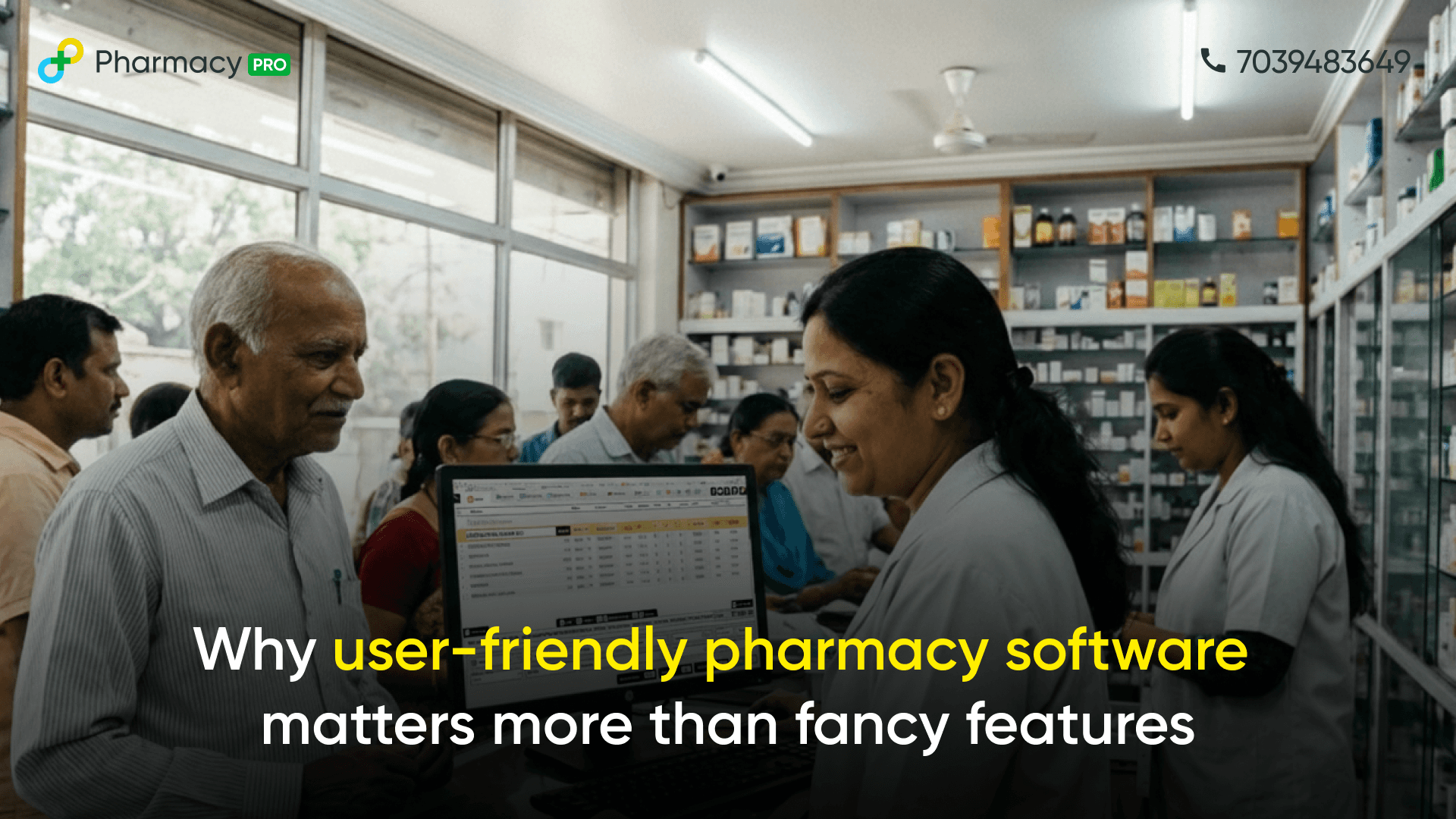India’s booming fitness industry has led to an unprecedented demand for protein supplements, making them a staple for athletes, bodybuilders, and fitness enthusiasts. However, this demand has also given rise to counterfeit supplements that threaten consumer health and safety. A recent crackdown in Noida exposed a large-scale fake protein supplement manufacturing unit, shedding light on a critical issue that affects millions.
What are protein supplements? Protein supplements are simply dietary products that help one acquire additional protein. This is to facilitate muscle build-up, recovery, and general nutrition. They really popular among athletes, bodybuilders, and fitness addicts. They come in various types:
Protein Powders: Made from whey, casein, soy, or pea protein.
Protein Bars: Convenient snacks packed with protein.
Ready-to-Drink Shakes: Pre-mixed protein beverages for on-the-go nutrition.
Advantages of protein supplements
Muscle Growth: Protein repairs and rebuilds muscle tissue after exercise, aiding in muscle development.
Weight Management: High protein contributes to satiety, suppresses hunger, and helps in managing weight.
Nutritional Support: Supplements help those with special diets or need more protein (like athletes) to reach their daily nutrition goals.
The Noida Incident: A Wake-Up Call
The recent bust in Noida exposed a factory producing counterfeit protein supplements. Authorities found the unit mixing harmful fillers like starch and chalk powder to mimic genuine products. These fake supplements, sold under the guise of reputable brands, were distributed through gyms, fitness centers, and unauthorized online sellers.

Key Facts About the Crackdown
Scale of the Operation: The factory had the capacity to produce hundreds of kilograms of counterfeit supplements daily.
Seized Materials: Several tonnes of fake protein powders and low-quality raw materials were confiscated.
Health Risks: These fake products lacked any quality checks or FSSAI certification, posing severe risks of liver damage, kidney issues, and other complications.
Legal Action: Multiple arrests were made, and investigations are ongoing to trace the distribution network.
How the Government Is Addressing the Issue
The Food Safety and Standards Authority of India (FSSAI) has tightened regulations for dietary supplements, but cases like Noida highlight enforcement gaps. Here’s what’s being done:
Frequent Inspections and Audits
Authorities are ramping up checks to identify unlicensed manufacturing units and remove fake products from the market.
Licensing Requirements
Manufacturers must obtain FSSAI certification and adhere to strict safety standards.
Consumer Awareness Programs
Campaigns are being launched to educate the public about identifying authentic products and avoiding counterfeit ones.
How Fake Protein Supplements Impact the Industry
The proliferation of counterfeit products not only harms consumers but also disrupts the broader protein supplement industry:
Loss of Consumer Trust
When fake products infiltrate the market, even legitimate brands face backlash as consumer trust erodes.
Economic Consequences
Counterfeit supplements eat into the profits of genuine manufacturers, discouraging investment in quality and innovation.
Market Saturation with Low-Quality Goods
The presence of fake supplements oversaturates the market, making it harder for consumers to differentiate between authentic and counterfeit products.
This incident emphasizes the need for stricter regulations and industry-wide efforts to maintain product integrity and consumer confidence.
The Dangers of Fake Protein Supplements
Fake protein supplements are a significant public health concern due to their adverse effects:
Health Risks
Toxic Ingredients: Fake supplements often contain harmful fillers like starch, chalk powder, and industrial-grade chemicals, which can cause liver damage, kidney issues, and other health problems.
Nutritional Deficiency: Many counterfeit products lack the protein content they claim to have, depriving users of essential nutrients.
Adulteration
Inferior Quality: Fake products are mixed with low-grade substances, rendering them ineffective and harmful.
No Quality Control: These supplements bypass safety checks, increasing the risk of contamination and mislabeling.
Legal Consequences
The production and sale of fake protein supplements violate Food Safety and Standards Authority of India (FSSAI) regulations, leading to strict legal penalties.

How to Identify Fake Protein Supplements
To stay safe, consumers must take proactive steps:
Check for FSSAI Licensing
Look for the FSSAI logo and license number on the product label.
Verify Packaging
Authentic products have tamper-proof seals, clear labeling, and batch numbers. Be wary of misspelled text or poorly printed labels.
Research Trusted Brands
Stick to reputable brands with transparent ingredient lists and third-party lab testing.
Buy from Authorized Sellers
Avoid purchasing supplements from unknown sources or sellers offering steep discounts.
Consult Professionals
Always seek advice from a healthcare professional or nutritionist before starting a new supplement regimen.
By following these steps, consumers can protect themselves from counterfeit products and make safer choices for their health.
The Key to Staying Safe
The Noida incident serves as a stark reminder of the dangers lurking in the unregulated dietary supplement market. While regulatory measures are crucial, consumers must also take responsibility for their health by choosing authentic, tested products.
Protein supplements, when genuine, offer immense health benefits, from muscle building to improved nutrition. However, counterfeit products compromise these benefits, posing severe health risks. By making informed choices and supporting government initiatives to regulate the industry, consumers can protect their health and ensure the market remains trustworthy.



